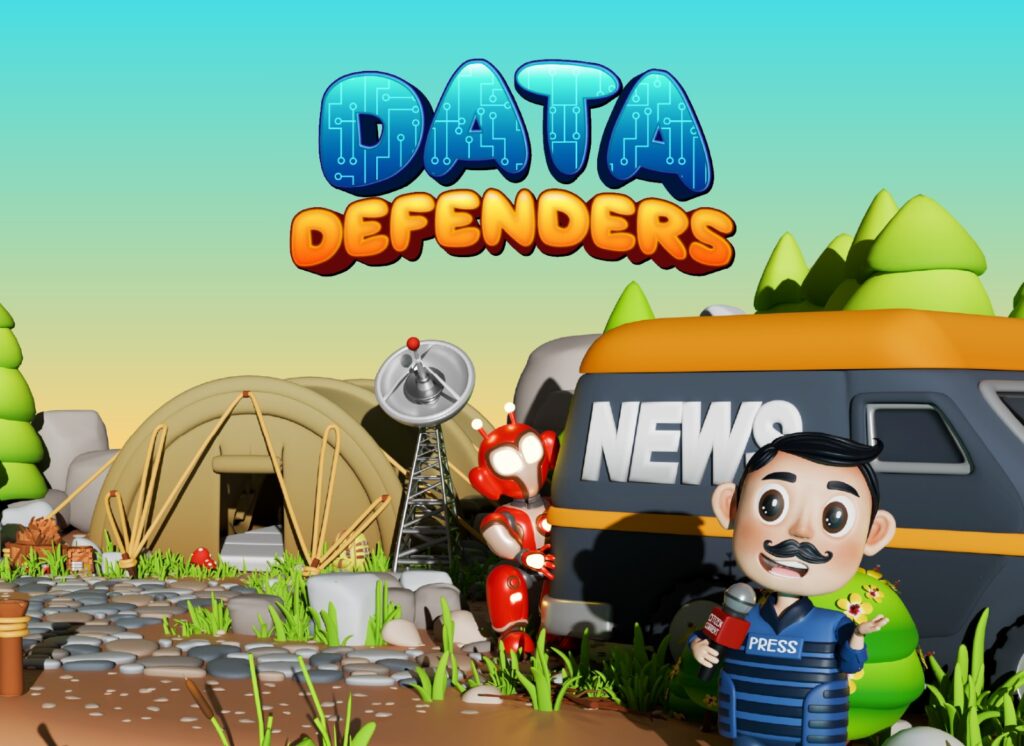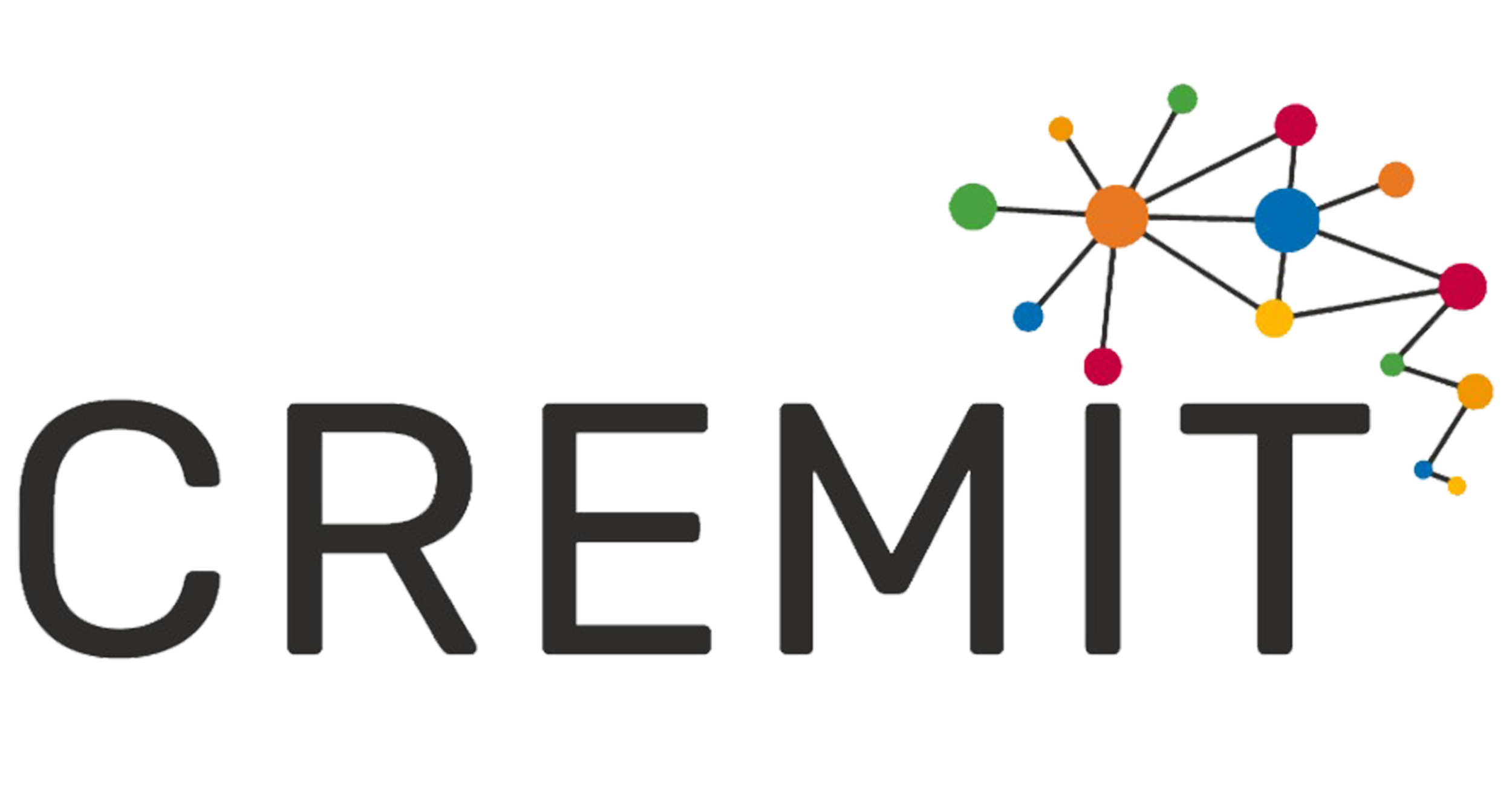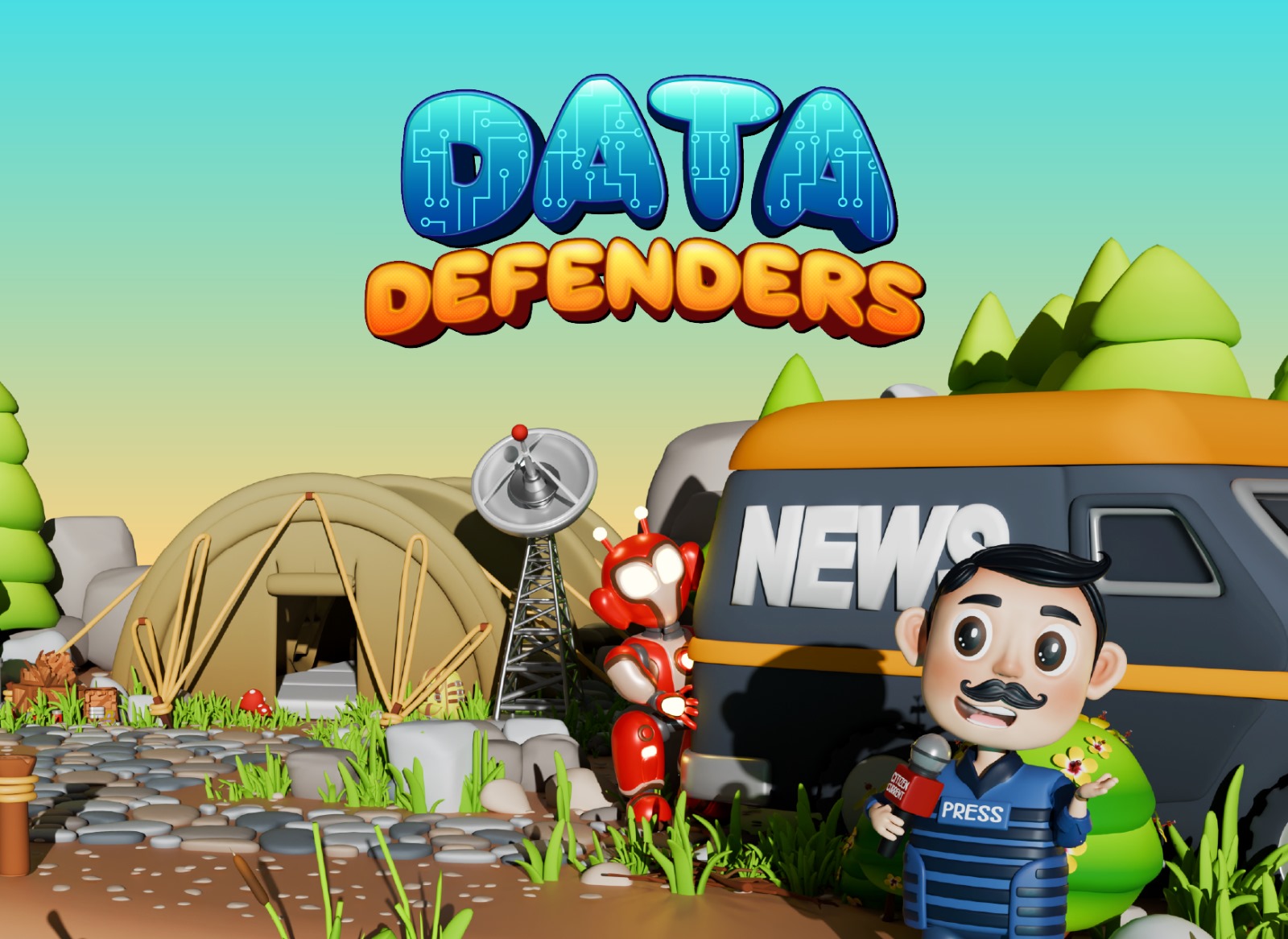The Aveiro Media Competence Center, a consortium composed of the Aveiro Science and Innovation Park, the Portuguese Press Association, and the University of Aveiro, will launch Data Defenders, a video game focused on media literacy and social media dynamics, this Friday, October 25. The game is aimed at young people between the ages of 11 and 16.
Data Defenders is a tower defense video game that combines a rich narrative and engaging mechanics to highlight media literacy in times of crisis. Players become politicians, journalists, scientists, or influencers, competing on a fictional platform to gain influence and raise awareness about the media.
The idea for this video game was born from recent political, military, and pandemic crises, widely covered in the media, which have led to many changes and challenges, particularly impacting younger generations. In this context, media literacy and critical thinking are essential to navigate the current flow of information and help distinguish between what is true and what is misinformation. This gave rise to the YO-MEDIA project, which brings together researchers from three universities in Portugal, Spain, and Italy, focusing on media literacy in times of crisis, aimed at educators, teachers, and journalists. Italy is represented by the Catholic University of Milan, with CREMIT‘s researchers.
The Aveiro Media Competence Center (AMCC) creates a gaming solution to help promote media literacy across Europe, culminating in the launch of the Data Defenders video game. The project benefited from the European Media and Information Fund (EMIF) funding program, which, in the last quarter of 2022, launched a call focused on combating misinformation during crises among European youth.
Developed by the University of Aveiro, with scientific coordination by Professor Nelson Zagalo of DigiMedia – Center for Research in Digital Media and Interaction, Data Defenders will be available for free on the YO-MEDIA project page (https://yomedia.a-mcc.eu/) from Friday, October 25, on the AMCC website, and can be freely used in educational settings.
Cláudia Maia, president of the Portuguese Press Association, explains: “Video games are an engaging and interactive medium, which makes them highly effective for young audiences, especially for youth between 11 and 17 years old, who tend to be digital natives. Using a video game to teach media literacy allows students to learn to think critically and analyze the media in a context that is familiar and enjoyable for them. Games can simulate real-world media situations and encourage players to practice identifying misinformation, questioning sources, and assessing the credibility of content. By incorporating interactive learning, video games can promote better retention and understanding of complex topics such as media bias, fake news, and digital ethics.”
Nelson Zagalo, full professor at the University of Aveiro and scientific coordinator of DigiMedia, explains:
“These video games will be used in schools by teachers, but not only that; all materials will be openly and freely available online, allowing journalists and informal trainers to explore the content or use it in training programs, workshops, or seminars.”
Ruth Contreras Espinosa, professor and researcher at the University of Vic – Central University of Catalonia, in Barcelona, Spain, says:
“The complexity of today’s misinformation goes beyond simple fake news. We are witnessing deepfakes, manipulated images, and increasingly sophisticated ways of distorting the truth, making it harder for people to distinguish fact from fiction. In this environment, media literacy is not just a valuable skill; it is essential to responsibly navigate the modern information landscape.”
Alessandra Carenzio, associate professor at the Catholic University explains:
“The project developed a video game designed for pedagogical use: teachers or educators can introduce the game, organize practice sessions, and conclude with a reflection phase. Alternatively, they can preface information and content (from a media literacy perspective) and use the video game as a practical experience to test what has been discussed together.”
João Moraes Palmeiro, executive director of AMCC, explains:
“As a European platform, AMCC aims to create dynamics that help address the challenges the industry faces in areas such as access to funding, regulation, technology, and misinformation, among others. However, each of these topics is a vertical sector with its own challenges that require specific strategies and actions, for which we seek practical, on-the-ground solutions, as is the case with the YO-MEDIA project. With this project, we hope to have a real impact on how media literacy is addressed and thus help the media industry in the digital challenge it faces.”
The Data Defenders video game is designed for 3-6 players (adaptable to larger groups) and lasts 60 minutes. Players become defenders of global data servers amid an alien invasion and a devastating pandemic. Alien robots with AI infiltrate these servers, spreading misinformation. The game takes place across several islands, each featuring a key character crucial to the dissemination of information in the game’s universe and current society. Players must implement strategic defenses to contain the alien robots and prevent the servers from being invaded.

Built educationally, the video game balances interaction and competition, encouraging decision-making based on characters and strategy. Players compete to capture attention and influence perceptions on the “Y” social media platform. The game introduces innovative elements such as the Data Analyzer mechanic, which allows players to discern and evaluate the credibility and bias of media content. The Crisis Impact mechanic dynamically reflects the prevalence of misinformation, challenging players to manage the crisis while refining their media literacy skills.
This game is accessible on iOS and Android and for computer users via WebGL technology, allowing for seamless gameplay through web browsers.








